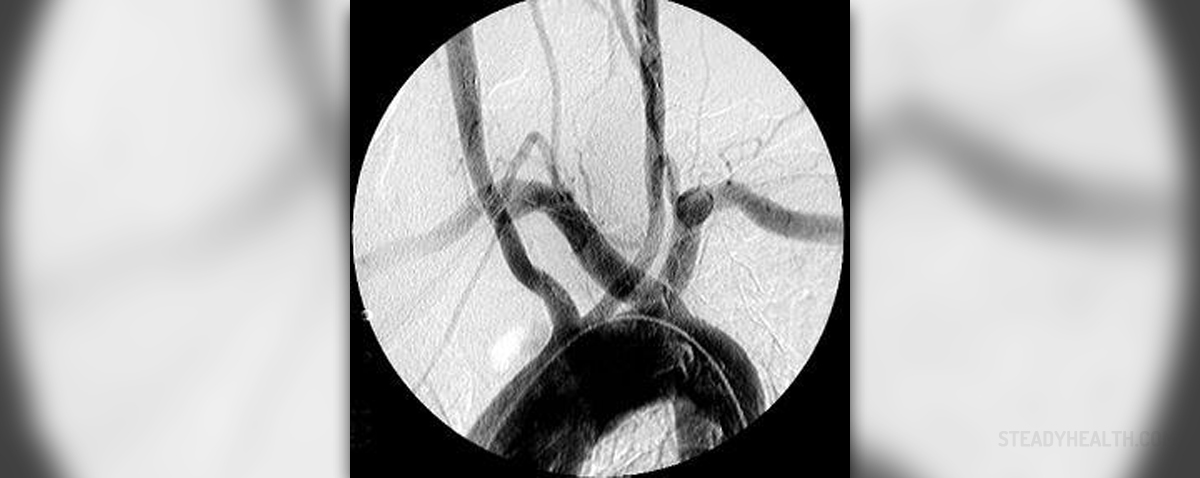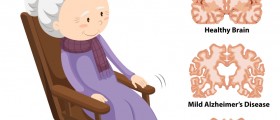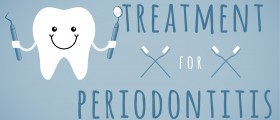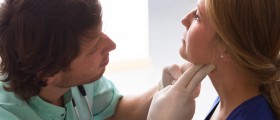
All people, especially olderindividuals, are prone to developing swallowing disorders. Basically,suffering from such conditions may lead to numerous health problems,some of which are weight loss, dehydration, aspiration pneumonia andairway obstruction.
Impaired swallowing can also bereferred to as dysphagia. If you are interested in learning moreabout this group of conditions, read through the lines below.
What is Swallowing Disorder?
Dysphagia may affect a person due tothe presence of some underlying health conditions such as cancer,strokes, neurologic diseases or GERD. Therefore, once a personsuffers from this form of a disorder, he/she commonly needs to gothrough a thorough diagnostic process before the reason behindhis/her problems is defined and treated.
Swallowing is a process which activatesseveral parts of our body – the mouth, the pharynx, the larynx andthe esophagus. Thus, whenever we swallow something, a four-stageprocess takes place. First of all, the oral preparatory phaseprepares the materials in our mouth for the second stage ofswallowing. Then, the oral propulsive phase sets the swallowablematerial in motion, propelling the food or something else deeper intothe oral cavity. Then, once the food reaches the pharynx, thepharyngeal phase engages. Here, the soft palate becomes elevated, thehyoid bone and the larynx move forward and upward, the vocal cordsmove to the middle and the epiglottis starts protecting the airways.Moreover, at this stage, the tongue moves back and allows the pharynxto move the food further. Once this is done, the esophageal stagecommences, leading the food down into the stomach.
Therefore, any dysfunctions andimpairments affecting any of these body parts, all can result inswallowing disorders. If the oral preparatory and oral propulsivephases are impaired, this happens mostly due to problems with thetongue and the patients suffering from these issues find it difficultto hold the food in their mouth before they swallow it. Since thefood reaches the pharynx unprepared in this case, this results inaspiration and other such problems.
If the pharyngeal phase is impaired,the food transport is most commonly affected. Hence, people who havethese issues usually experience food retaining after swallowing.Sometimes, these problems can even lead to transferring the food toinadequate body parts, triggering conditions such as nasalregurgitation.
Similarly, if the esophageal phaseundergoes health problems, this results in retention of food in thisarea, once it has been swallowed. Tumors, webs or strictures mayblock the passage of food as well, leading to numerous furthercomplications if the problem is not treated.
Evaluation of Swallowing Disorder
If you notice any signs of swallowingdisorders, you are advised to seek medical assistance as soon aspossible. Upon being admitted to the doctor's, you will be examinedand your condition will be adequately evaluated before any othertreatment steps are taken.
The clinical evaluation of thiscondition involves the review of your medical history, along with themuscles and bones of your throat. Once the health experts assessesthe situation, depending on the outcome, he/she may recommend someother forms of testing like the modified barium swallow or FEES –the fiberoptic endoscopic evaluation swallowing, where you willswallow devices which will record the inside of your body.
The modified barium swallow is aprocess which involves swallowing a device called fluoroscope, takingpictures of your swallowing procedures and the movements of yourinternal body parts involved in the entire process. Once the deviceis inside, you will need to swallow numerous types of food andbeverages, for diagnostic purposes, since the doctor will payattention to the ways your swallowing mechanisms cope with theseprocedures. You may be either sitting or standing during thisprocess.
Another type of testing is the abovementioned FEES which also consists of the insertion of a monitoringdevice inside your body. However, this device, the endoscope isinserted through the nose. The purpose of this exposure is equal tothe one related to the modified barium swallow.
Once the problem behind your swallowingdisorder is found and adequately diagnosed, proper treatment measuresare developed by your doctor. Depending on the results, you may needto undergo surgery or performs certain exercises which strengthen themuscles involved in the swallowing processes. Either way, thetherapy and the treatment are monitored by a qualified professionalwho knows everything about the process of swallowing and the possibleproblems which can affect this. Sometimes, your physician may need towork with an occupational therapist, a nutritionist, a speechpathologist or some other experts.
All in all, swallowing disorders can bequite impairing, even life-threatening in some situations. Therefore,these are not to be taken lightly. Rather, when some parts of thedelicate swallowing system start showing signs of impairment, you areadvised to seek timely medical treatment.

















Your thoughts on this
Loading...